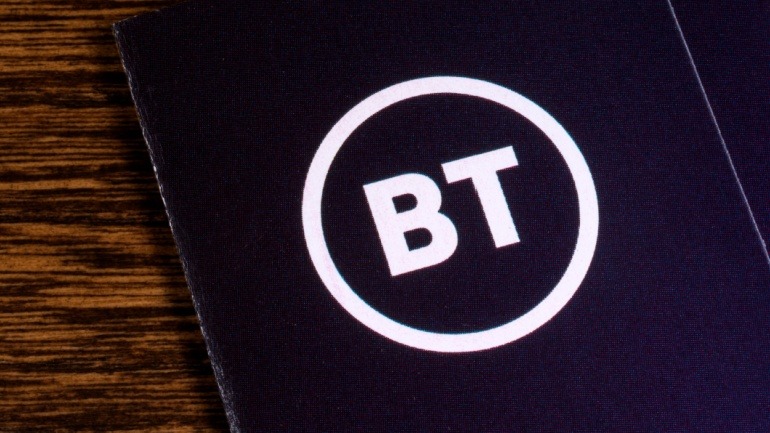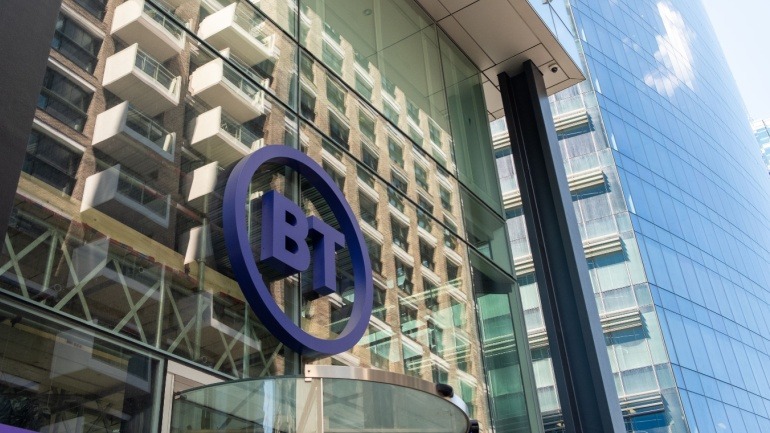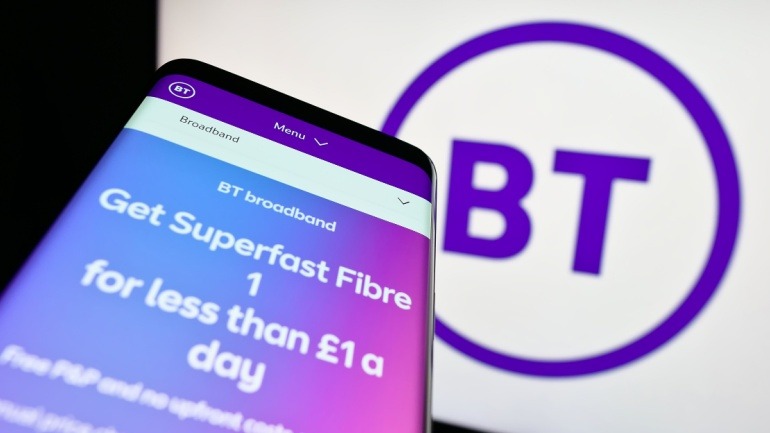BT has quietly terminated its ambitious pilot program to transform street cabinets into EV charging stations. The initiative, launched nearly a year ago, aimed to repurpose the rapidly obsolete cabinets as full fibre networks reach UK homes. The project was promising, with the first unit installed in East Lothian, Scotland, and plans for 600 more sites. Expectations were high, as BT envisioned converting over 60,000 of its 90,000 cabinets if the trial succeeded.
Despite the enthusiasm, the roll-out halted after the inaugural installation. Though BT has not officially disclosed reasons behind the cancellation, financial constraints are speculated to be a major factor. Recent financial reports reveal a reduction in BT’s workforce by 2,000, marking a 4% decrease and a profit drop to £1 billion before tax. The decline reflects lower revenue and rising costs, including increased National Insurance contributions, costing the company an additional £100 million annually.
A BT spokesperson stated, “Our EV charging trials have focussed on how we might help address the charging needs EV drivers face across the UK.” By adopting a pilot process, BT explored critical challenges EV drivers face, identifying new needs, including Wi-Fi connectivity, which will shift the focus of its future pilots.
CEO Allison Kirkby emphasized BT Group’s core interest in connectivity as the pilots evolve. The UK’s expanding full fibre network fuels the drive for such innovative solutions. As technology advances, providers are continuously seeking to add value to the evolving landscape of electric vehicles.







